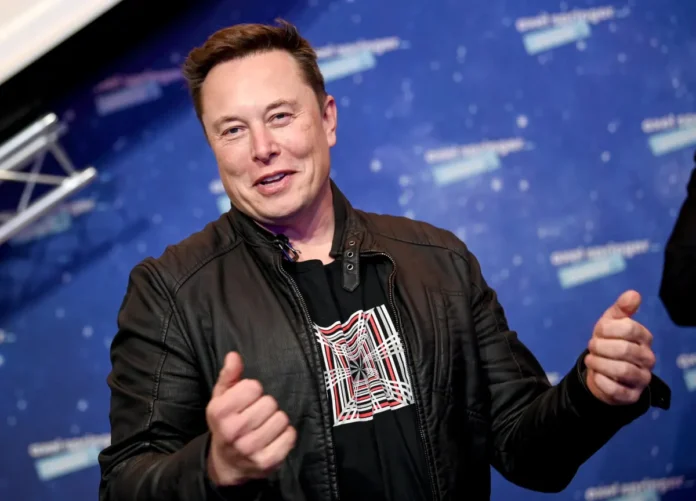Elon Musk has once again targeted Wikipedia, accusing the platform of being “controlled by far-left activists” and urging the public to stop donating. Musk’s latest comments followed a report by *Pirate Wires*, which alleged that a group of around 40 Wikipedia editors, described as “Pro-Hamas,” had engaged in what the report called a “coordinated campaign” to delegitimize Israel. The report claimed these editors promoted radical Islamist groups in a positive light and framed fringe academic views about the Israel-Palestine conflict as mainstream. According to Pirate Wires, this biased activity intensified following the October 7 Hamas attacks on Israel, raising concerns about the neutrality of the content on the platform.
Musk, who has publicly aligned himself with Donald Trump and supported his return to the U.S. presidency, took the opportunity to amplify his broader critique of Wikipedia. He has repeatedly accused the platform of harbouring a “non-trivial left-wing bias.” His frustrations with Wikipedia have been evident for some time—most notably, in November 2022, Musk challenged the platform by offering $1 billion if it rebranded itself as “Dickipedia.” This provocative proposal was part of his broader attack on Wikipedia’s credibility, which Musk sees as skewed toward progressive narratives.
In response to Musk’s earlier criticisms, Wikipedia founder Jimmy Wales dismissed the billionaire’s provocations, stating, “I just ignore him.” Wales also shared concerns about Twitter under Musk’s leadership, suggesting that many thoughtful and serious individuals were leaving the platform. “I think a lot of thoughtful people are fleeing Twitter,” Wales said, reflecting skepticism toward the changes introduced under Musk’s ownership.
/cdn.vox-cdn.com/assets/1291965/Wikipedia-logo-en-big1.png)
Interestingly, Wikipedia has not only faced criticism from Musk but has also encountered legal troubles in India. On September 5, the Delhi High Court issued a contempt notice to Wikipedia for failing to provide information about users who had edited an entry related to an Indian news agency. The court expressed dissatisfaction with Wikipedia’s non-compliance in the defamation case filed by the agency, remarking that if the platform found it difficult to cooperate with local laws, it should consider shutting down its operations in India. The court further warned that it might ask the central government to block Wikipedia entirely within the country if it failed to meet its legal obligations.
Musk’s latest remarks about Wikipedia have once again highlighted the complex debate surrounding online platforms and their role in shaping public narratives, especially on contentious global issues like the Israel-Palestine conflict. As accusations of bias and manipulation persist, Wikipedia’s ability to maintain its reputation as a neutral source of information has come under scrutiny. Musk’s public condemnation, combined with the legal challenges in India, adds to the growing pressure on Wikipedia to address concerns about transparency and ideological neutrality.

